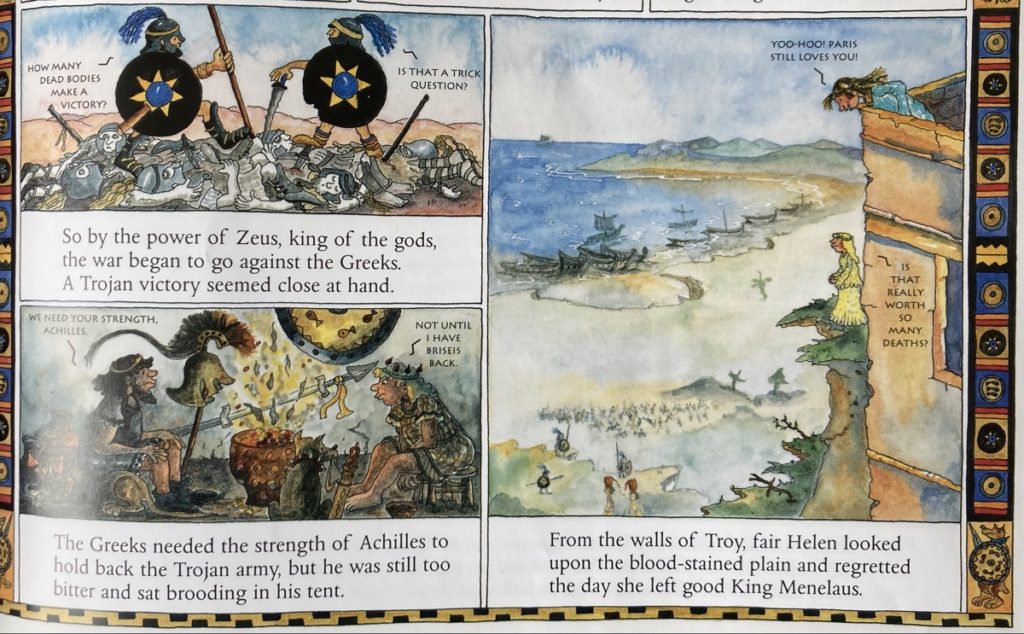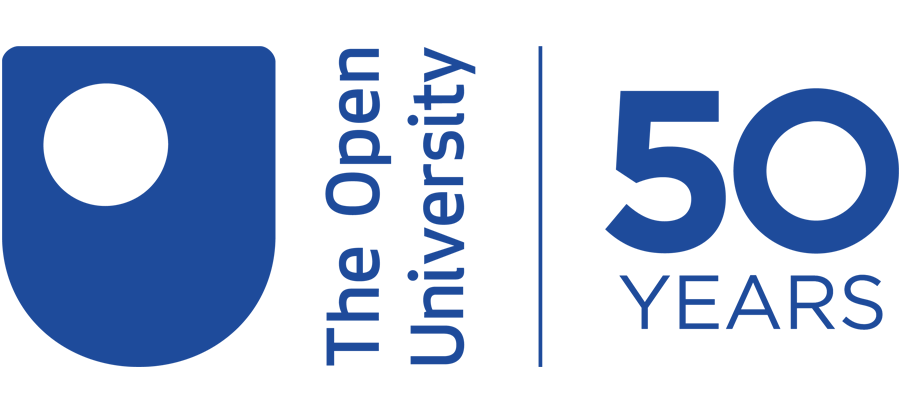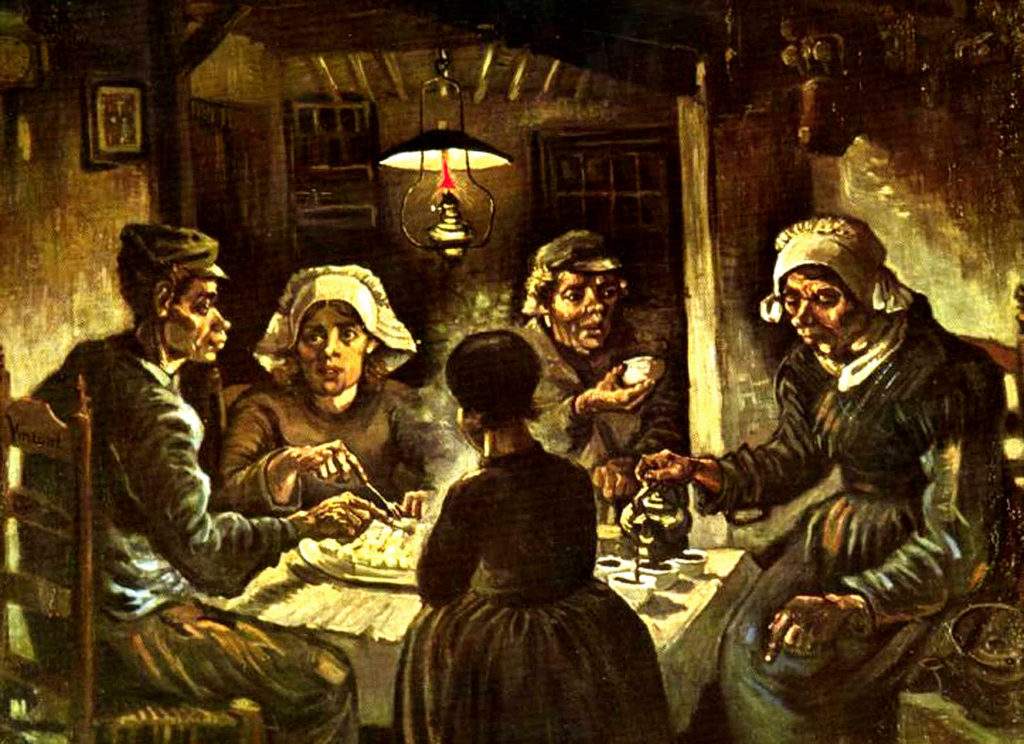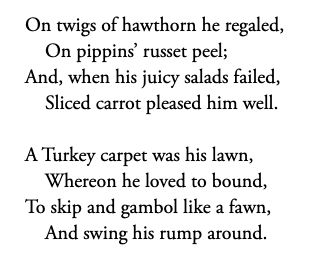In search of heterodidacticism
My favourite philosopher, Agnes Callard, has a post about what university is for.
A university is a place where people help each other access the highest intellectual goods. A university is a place of heterodidacticism.
An autodidact is someone who learns best on their own, by teaching themselves things. “Heterodidact” is a word I made up to describe the rest of us, for whom learning and knowing is a social activity.
Agnes’s definition cuts to the very heart of what I am searching for in my life right now: learning as a social activity. I’ve never experienced that.
I’ve written before about my life as a Buccaneer Scholar. I left school at 16 and pretty much everything I know I have learned from a book or figured out for myself. I taught myself to code from a book (or, maybe, two books). Even when people tried to teach me stuff, I wanted to learn different stuff. I never really had the experience of learning with other people. I want that.
Agnes has a riff on reading the Iliad as an experience to be shared.
I think the Iliad is one of the greatest things ever made by human beings, but I hadn’t read it in at least seven years. Why not? What was stopping me from picking it up? For that matter, why am I not reading it right now? The answer is that it’s hard to read the Iliad. Have you ever tried? It takes so much energy. All those epithets.
…and all those black ships.
I’m not that different from the students I teach. They get their energy from me, I get my energy from them. That’s how a university works.
This is entirely foreign to me. I’ve always had to do it on my own.
I read the Iliad under my desk when I was supposed to be learning about Bessel functions in Radar Theory class. My instructor caught me reading and did the “Would you like to teach the class?” thing. He gave me the pen and I taught the class. I was able to do it because, as soon as I heard we were going to be studying Bessel functions, I went and learned everything I could about Bessel functions. By the time we came to talk about it in class, second-order differential equations were old hat and the instructor didn’t really understand them very well anyway. I taught the class better than he could.
This was the ever-repeating story of my education.
In every class at school, the day we received the syllabus and our textbooks, I’d go and read all the books and learn everything. By the time we were covering it in class for real, I was bored and interested in something else. While we were learning the subjunctive mood in French, I was writing Z80 code in my rough book. When I was supposed to be learning Z80, four years later, I was reading Plato.
I signed up to do a maths degree with the Open University right just as we were leaving for America and my only contact with my tutor was a letter that the postman delivered with my grade about 6 weeks after I mailed each assignment (this was pre-internet).
It was a lonely experience. I’ve always wished for Agnes’s heterodidaction but I’ve never had the opportunity to experience it.
When we came home to England, I decided to fix this. I applied to Bristol University first but they said I needed recent academic experience so, on a whim, I signed up for the Open University again. My plan was to get that little bit of experience and then apply to Bristol again. But now I am at a crossroads. Should I continue with the OU or apply to a brick university?
The Open University is simply wonderful.
The first module, A111, is a whirlwind tour of everything you might want to study in a humanities degree. Poetry, history, philosophy, literature, music, art, drama, creative writing, religion, architecture. I am in learning heaven. But I am still learning on my own. I wish I had someone to share it with.
There’s a scene in Educating Rita where Rita — studying with the Open University — overcomes her imposter syndrome and gets into a heated argument with some “proper students” about literature. That was the moment that Rita finally understood what university was about.
We had a brief moment in my tutor group where we were all totally into Cowper’s “Epitaph on a Hare” and I got a tiny glimpse of heterodidaction…
…but studying in the Open University has been a mostly solitary activity.
I’m coming to the end of my first module — one more essay to write — and now I have to make a decision. Do I continue this lonely journey as an autodidact and just get my degree? Or do I go in search of a community of learners that will challenge and encourage me? Or just forget the whole thing?
My tutor says that wherever I study, philosophy students are pretty much on their own and the OU is as good as it gets. But I have to believe that, somewhere, there’s a community of learners where I can experience heterodidaction for the first time.
Educating Rita (1983)
Like Rita, I ask myself every day why I am doing this. But, unlike Rita, I still haven’t found what I am looking for.





